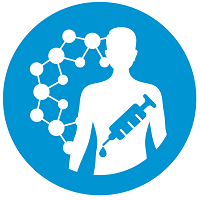Preclinical, Clinical and Translational Sciences
Prologue: Transforming Drug Development: Advanced Modeling and Virtual Data for Enhanced Trials
-
VJ
Vibha Jawa, PhD FAAPS (she/her/hers)
Executive Director
Bristol Myers Squibb
Prologue Speaker(s)
Empirical and mechanistic models are pivotal in drug development, offering crucial insights and predictions that enhance drug efficacy, safety, and regulatory compliance. Virtual data and synthetic control methods further support this by improving trial designs, addressing ethical considerations, and optimizing research efficiency. However, challenges related to data quality, regulatory acceptance, and computational complexity persist. Successful implementation of these approaches demands meticulous planning, rigorous validation, and interdisciplinary collaboration. Virtual Bioequivalence (BE) studies exemplify how empirical and mechanistic models can replace traditional clinical trials, providing benefits such as cost efficiency and regulatory acceptance. Additionally, real-time adaptation of trial designs using virtual data, combined with AI/ML, demonstrates significant improvements in trial flexibility, resource management, and outcome optimization. These advancements underscore the transformative potential of computational models and AI-driven insights in modern clinical research, highlighting the need for ongoing research and collaboration to maximize their impact on medical innovation and patient outcomes.
To view all Prologues, visit our library here and click "Enroll".

